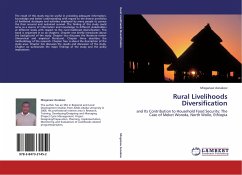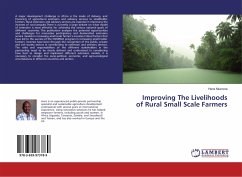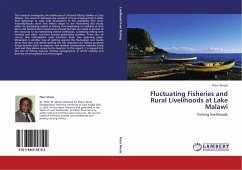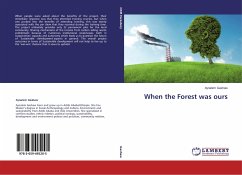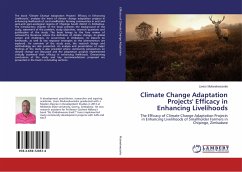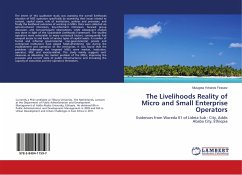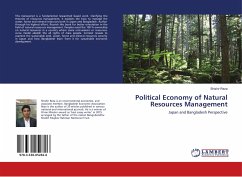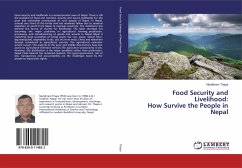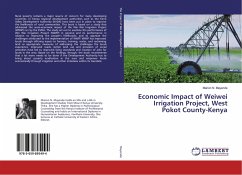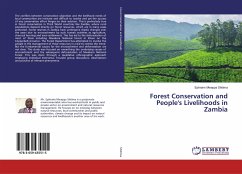
Forest Conservation and People's Livelihoods in Zambia
Versandkostenfrei!
Versandfertig in 6-10 Tagen
41,99 €
inkl. MwSt.

PAYBACK Punkte
21 °P sammeln!
The conflicts between conservation objectives and the livelihood needs of local communities are intricate and difficult to resolve and yet the success of any conservation effort hinges on their solution. This is particularly true in forest conservation in Third World countries like Zambia, where rural populations depend directly on forest resources, which are in many cases protected. Forest reserves in Zambia have undergone drastic changes over the years due to encroachment by such human activities as agriculture, charcoal burning and even settlements. This has led to the deforestation of most...
The conflicts between conservation objectives and the livelihood needs of local communities are intricate and difficult to resolve and yet the success of any conservation effort hinges on their solution. This is particularly true in forest conservation in Third World countries like Zambia, where rural populations depend directly on forest resources, which are in many cases protected. Forest reserves in Zambia have undergone drastic changes over the years due to encroachment by such human activities as agriculture, charcoal burning and even settlements. This has led to the deforestation of most of them including Mwekera National Forest in Kitwe on the Copperbelt province. The Forest Department has attempted to involve the people in the management of these resources in a bid to redress the trend. But the fundamental causes for the encroachment and deforestation are not clear. This study was focused on unearthing the underlying causes of encroachment and the subsequent deforestationof Mwekera National Forest. This was done through a qualitative ethnographic approach employing individual interviews, focused group discussions, observations and pictures of relevant phenomena.




